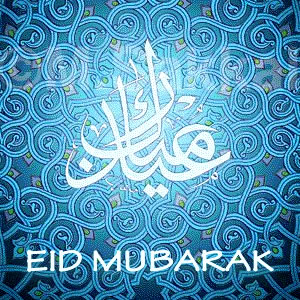 Muslims around the world celebrate Eid-ul-Fitr with religious zeal and festivity. It occurs at the end of Ramadan, the holy month of fasting and spiritual cleansing.
Muslims around the world celebrate Eid-ul-Fitr with religious zeal and festivity. It occurs at the end of Ramadan, the holy month of fasting and spiritual cleansing.
Eid al-Fitr falls on the first day of Shawwal, the month which follows Ramadan in the Islamic calendar. It is a time to give in charity to those in need, and celebrate with family and friends the completion of a month of blessings and joy.
Before the day of Eid, during the last few days of Ramadan, each Muslim family gives a determined amount known as fitrana as a donation to the poor.
On the day of Eid al-Fitr, Muslims gather early in the morning in outdoor locations or mosques to perform the Eid prayer. This consists of a sermon followed by a short congregational prayer.
After the Eid prayer, Muslims usually scatter to visit various family and friends, give gifts (especially to children), and make phone calls to distant relatives to give well-wishes for the holiday.
On Eid, the glow is apparent on every face, children, friends, families and guests gather in each other houses for dinners and lunches, Collectively they sit and eat specially cooked cuisines like biryani, kebabs, chicken, kheer, cakes, drinks, tea and so much more. The presence of delicious food on such occasion reflects the fact that they can enjoy their food with relish to which they showed a particular restraint in Ramadan.
Homes are usually kept spotlessly clean as it reflects the physical and mental purification of a Muslims residence. Eid is also a time of relaxation when Muslims take a break from their hectic routine, relax and spend some quality time with wife and children like taking them out on a park or a restaurant. Eid day is a family day.
Eid-ul-Fitr marks the end of the fasting month of Ramadan. This has to do with the communal aspects of the fast, which expresses many of the basic values of the Muslims.



